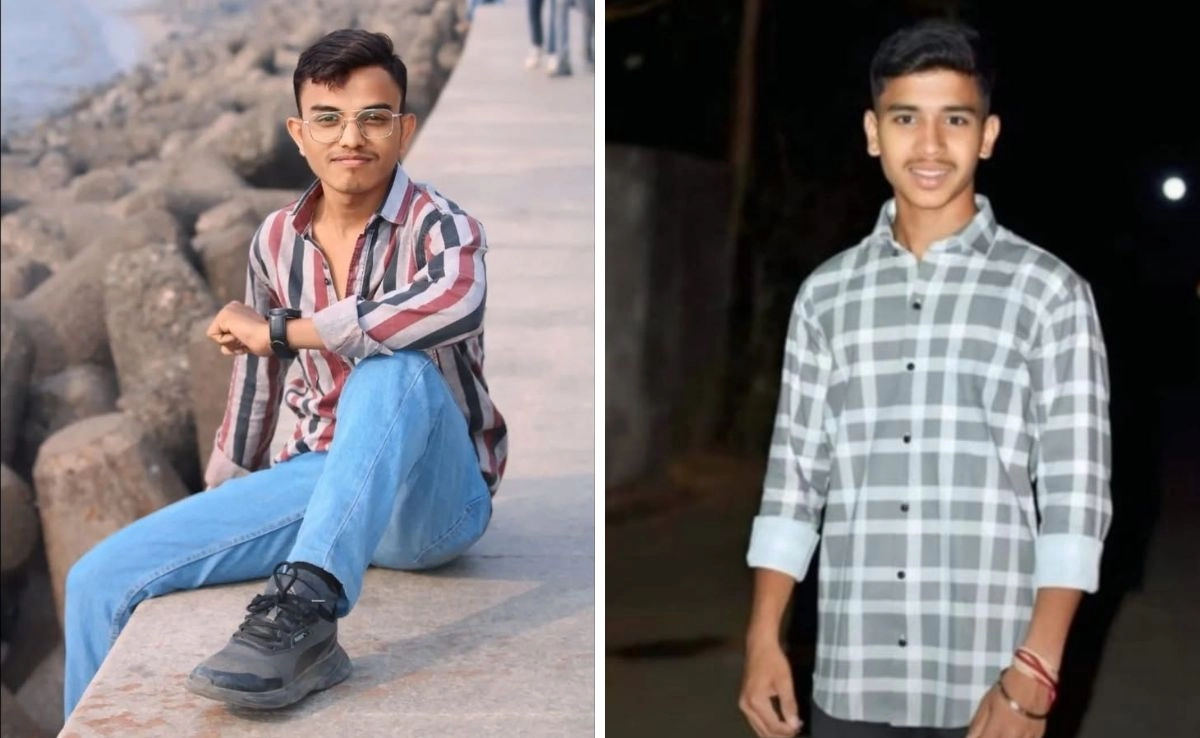A recent event organized to honor Karnataka’s state minister G. Parameshwara has ignited fresh discussions regarding the ongoing power dynamics in the state’s political landscape. Parameshwara, a significant figure in the Indian National Congress and a former Deputy Chief Minister, has been in the spotlight not only for his contributions to governance but also for the growing speculation surrounding his political ambitions and influence within the party. This gathering, which aimed to celebrate his achievements and contributions to the state, has inadvertently become a platform for various factions within the Congress party to display their strength and loyalty.
The political atmosphere in Karnataka has been charged with competition, particularly after the recent assembly elections. Parameshwara’s event has drawn attention to the shifting alliances and power struggles that characterize the state’s political scene. Supporters of the minister have expressed their enthusiasm, viewing this event as a crucial moment to rally support and demonstrate the unity of the Congress party in Karnataka. However, critics and rival factions within the party are interpreting the event as a potential attempt by Parameshwara to consolidate his power and position himself as a frontrunner for future leadership roles, thereby sparking concerns about internal divisions within the party.
Furthermore, the timing of the event raises questions about the future direction of the Congress party in Karnataka. With the BJP also eyeing the state’s political landscape, the Congress must navigate these turbulent waters carefully. The rising tension and competition among various leaders, including Parameshwara, could either unify the party in the face of external challenges or exacerbate existing divisions, making it harder to present a cohesive front in upcoming elections. As Karnataka continues to be a pivotal state in Indian politics, the implications of this power tussle could extend beyond the immediate party dynamics, influencing the broader political discourse in the country.
In summary, the event honoring G. Parameshwara has not only celebrated his contributions but has also highlighted the intricate web of political maneuvering within Karnataka’s Congress party. As different factions vie for influence, the outcomes of these internal struggles may significantly impact the party’s ability to remain competitive against rival parties like the BJP. The coming months will likely reveal how these dynamics evolve, shaping the future of Karnataka’s political landscape.




